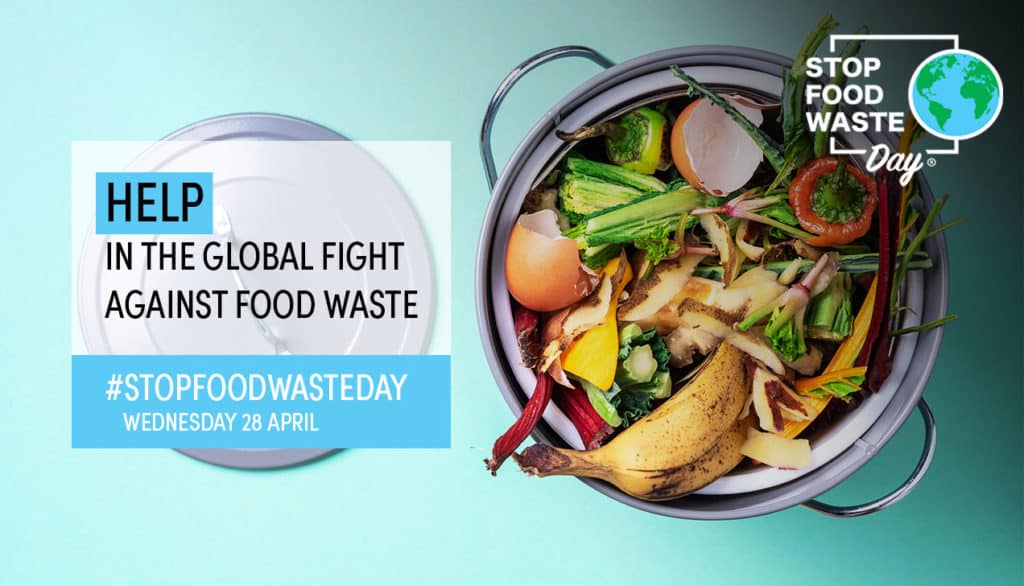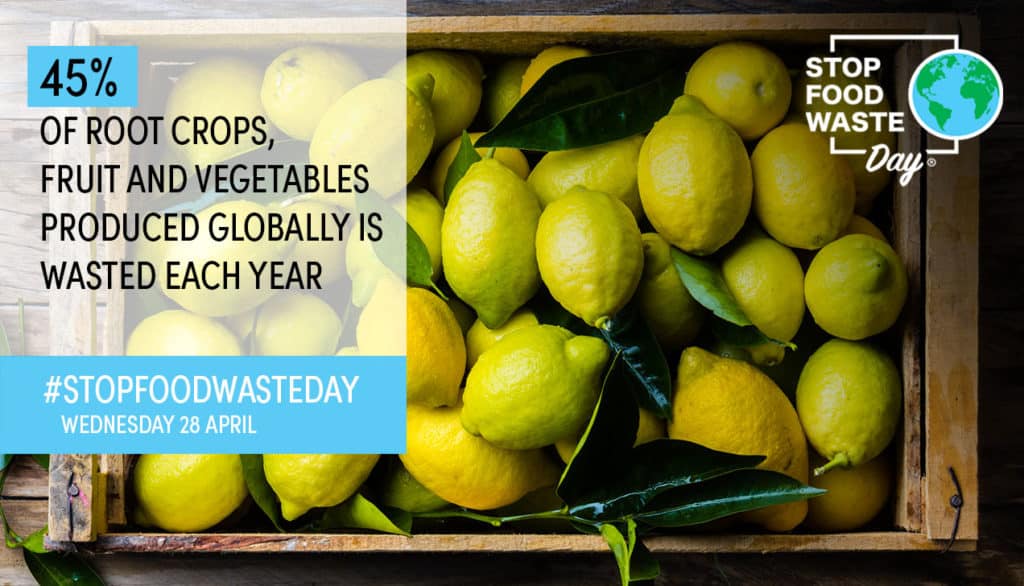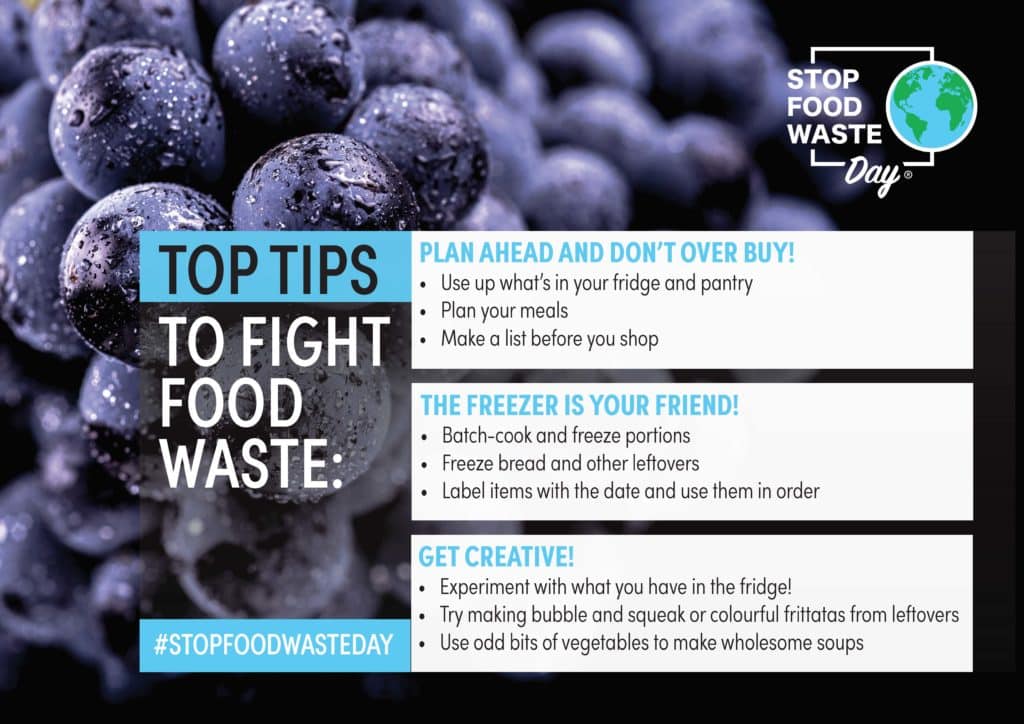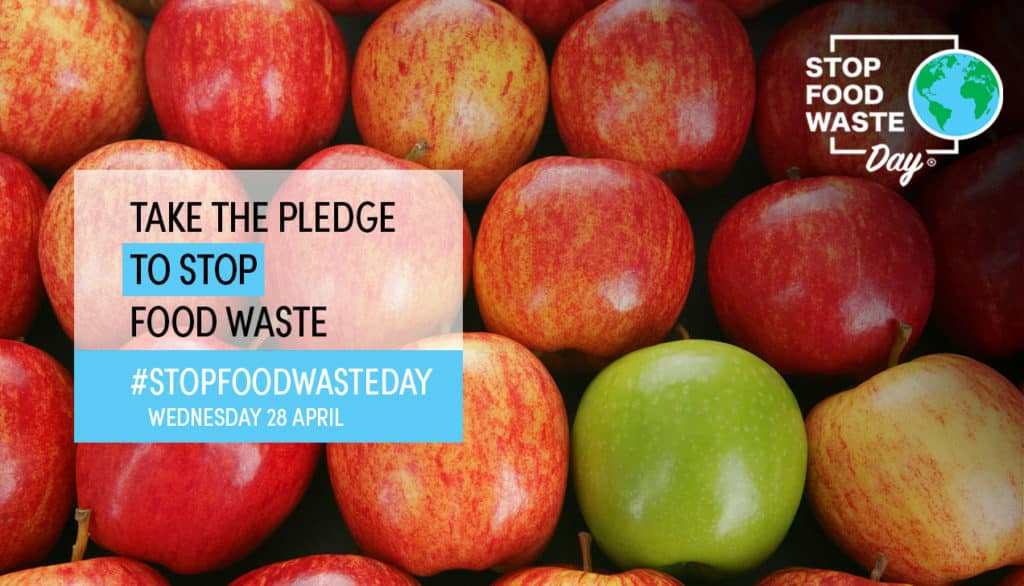Minimising Food Waste is great way to save money and minimise waste.
Did you know, one third* of food produced for human consumption is lost or wasted globally? Food waste is central to some of the key challenges facing the world today, including hunger and poverty, climate change, health and wellbeing and the sustainability of agriculture and oceans. Wasting food is also a waste of the energy to grow, harvest, process and cook, and food waste in landfill can cause methane emissions, a potent greenhouse gas. *Source: World Food Programme
Love Food Hate Waste says:
“in UK households we waste 6.5 million tonnes of it every year, 4.5 million of which is edible. We’re not talking egg shells or chicken bones… We mean the last few bites from your plate that you couldn’t quite manage, or your bread crusts, or potato peelings – all stuff which could have been transformed into something delicious. Those 4.5 million tonnes are enough to fill 38 million wheelie bins, or 90 Royal Albert Halls. It’s a lot, but we have the power to change this.”
Did you know 25% of the food wasted globally could feed all 795 million undernourished people in the world and 8%of all greenhouse gas emissions each year are due to food loss and waste?
Finding out how to store different foods can save us money and minimise food waste everyday. Leftover foods can make delicious meals and save us money. Swapping fresh food for frozen makes sure we don’t waste fresh food and means we’ve got fresh food and veg on hand to make our meals healthier. There are lots of recipes on the Stop Food Waste Website. Learning how to keep food at it’s freshest in our fridges also helps us waste less.
Minimising Food Waste with children
It can be really difficult to manage food waste with small children. Half eaten apples, half drunk juice cartons and fresh fruit and vegetables ending up in the bin after meals all contribute. Here are a few handy tips from I Value Food:
- Take a 6 week Food Waste Challenge – children love a challenge and getting all the family involved can help everyone to see just how much is going to waste and make changes.
- Plan your weekly meals. Only buying exactly what you need minimises those lost items in your fridge that go past their best and end up in the bin.
- Minimise between meal snacking. This can make sure that your child is more hungry at mealtimes which equals less waste.
- Make foods easier for your child to eat. Cutting fruit into small pieces are much easier for small children to eat. Using shaped cutters can also make it much more fun. A study at Cornell University found that offering sliced apples at an primary school cafeteria increased fruit sales by 61 percent!
- Giving healthy foods funny names can get kids involved. Having fun with food might help your kids eat more of what’s on their plates. Another study at Cornell showed that giving ordinary vegetables names like “X-ray Vision Carrots,” “Silly Dilly Green Beans,” and “Power Punch Broccoli” got elementary school students to eat more vegetables. Try naming dishes you make frequently, like “Superhero Spaghetti” or “Princess Pancakes.
- Get the portions right. If they are too young to serve themselves, serve young children small portions of food at meal and snack time. “They have little tummies and if you heap too much onto their plates, some of it is likely to go to waste,” says Goldfarb. Allow older children to serve themselves. Encourage them to take small portions then go back for more if they’re still hungry. “Kids will learn how to gauge their appetites and are less likely to have ‘plate waste’ because they decided themselves how much to serve up,” Goldfarb says.
- Save what they don’t eat. If your child declares they are full before finishing a reasonable amount of their meal, save the leftovers. “Instead of having them snack on something less than wholesome an hour or two later, they can finish their meal, reducing waste and increasing the likelihood of a well-rounded diet,” says Goldfarb.
- Help your kids avoid the “lunchbox dump” at school by strategically packing their lunches. Make sure to remember what they’re eating and only include these items. Give smaller amounts such as half a sandwich if that’s all they are eating and involving them in packing their own lunch may help them to east more and waste less.
- Pack smart travel snacks One trick it to pack up foods that need to be eaten — like a sleeve of crackers about to go stale or bananas about to turn brown — for the family to snack on when out on errands or traveling in the car. When there are few or no other options, those snacks are much more likely to get finished.
- Teach your children about food. In the long run, if your children learn to value food at a young age, they are more likely to grow up to have good eating and food waste habits. In addition to taking our family food waste challenge (see #1 above), here are a few other ideas:
- Visit a farm to learn about crops and animals.
- Plant a garden or even a few window herbs together.
- Plan meals you can cook together.
- Discuss the cost of different foods at the grocery store.
- Explain what happens to the food when we throw it away.
- Start a compost bin.
Zero Waste shopping in Lewisham
It’s now much easier to buy without packaging in Lewisham. This can help us to only buy what we need and reduce waste. Simply bring along your own containers, bottles or zip lock bags and buy only what you need. Many shops also supply all your household cleaning and plastic free toiletries too so it can be a great way to try something new. Visiting your local market and bringing your own bags is also a cost effective way to minimise your spend and avoid waste.






